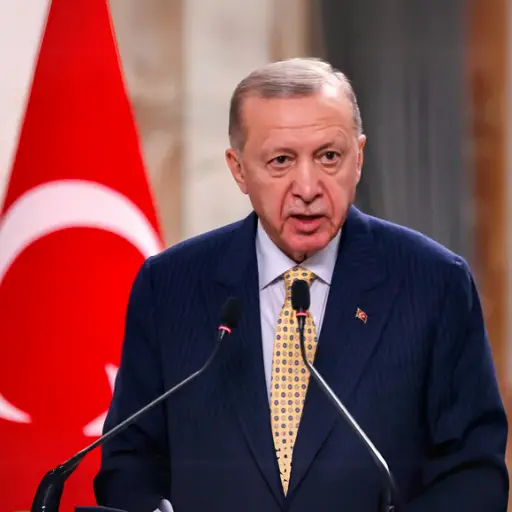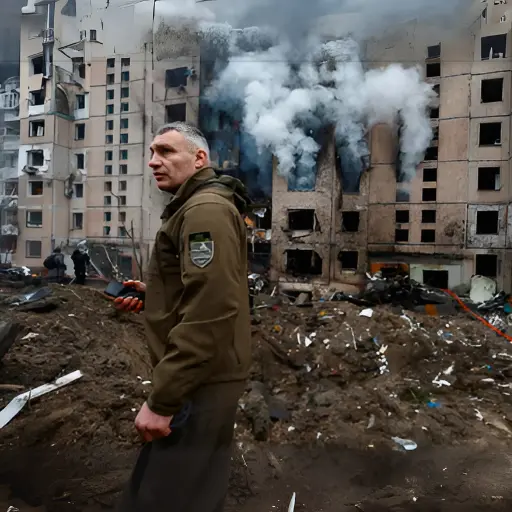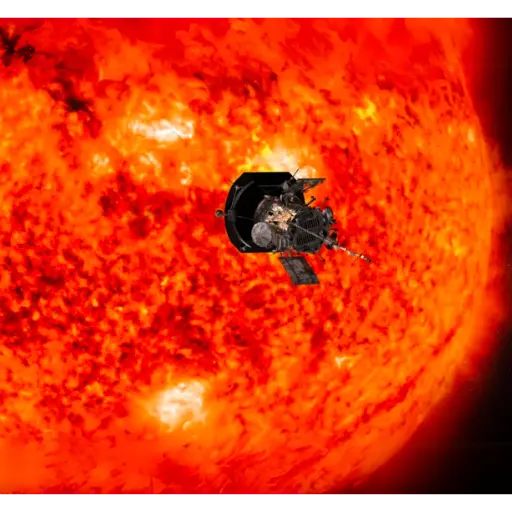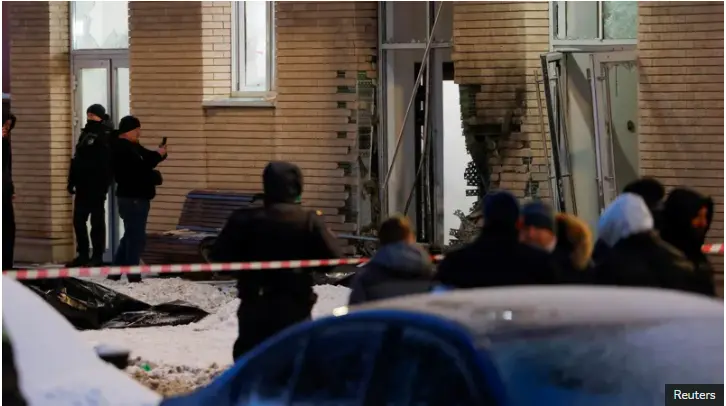Erdogan Warns YPG Fighters: Lay Down Arms or Face Defeat in Syria

Turkish President Recep Tayyip Erdogan has issued a stark warning to Kurdish fighters in Syria, stating they must surrender their weapons or face annihilation. His comments come amid heightened tensions following the recent ouster of former Syrian President Bashar al-Assad.
Erdogan’s Stance on the YPG
Erdogan, addressing lawmakers from his ruling AK Party, reiterated Ankara’s demand for the Kurdish YPG militia to disband, declaring the group has no place in Syria’s future. He accused the YPG of fostering division and violence.
“The separatist murderers will either bid farewell to their weapons, or they will be buried in Syrian lands along with their weapons,” Erdogan said. “We will eradicate the terrorist organisation that is trying to weave a wall of blood between us and our Kurdish siblings.”
Regional Dynamics Post-Assad
The fall of Bashar al-Assad on December 8 has shifted the power dynamics in Syria, leaving Kurdish factions in a precarious position. Turkiye has intensified its calls for the disbandment of the YPG and urged the United States to cease its support for the group.
Ankara considers the YPG an extension of the Kurdistan Workers’ Party (PKK), which Turkiye designates as a terrorist organization. The YPG, however, has been a key ally of the U.S. in its fight against ISIL in the region.
Ongoing Hostilities
Since Assad’s removal, clashes have continued between Turkiye-backed Syrian rebels and other armed factions. The situation has underscored the deep divisions within Syria and the broader struggle over its future governance.
International Implications
Erdogan’s remarks signal Ankara’s firm stance against the YPG and highlight Turkiye’s broader ambitions in shaping post-Assad Syria. The growing tension has also brought renewed attention to the role of international powers, particularly the United States, in supporting various factions in the conflict.
As the region braces for further developments, the fate of Syria’s Kurdish groups and the broader geopolitical landscape remain uncertain.






